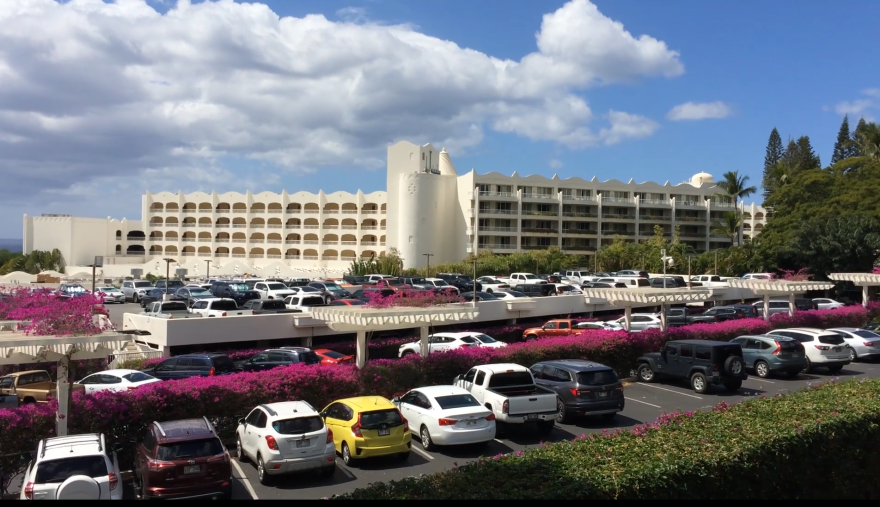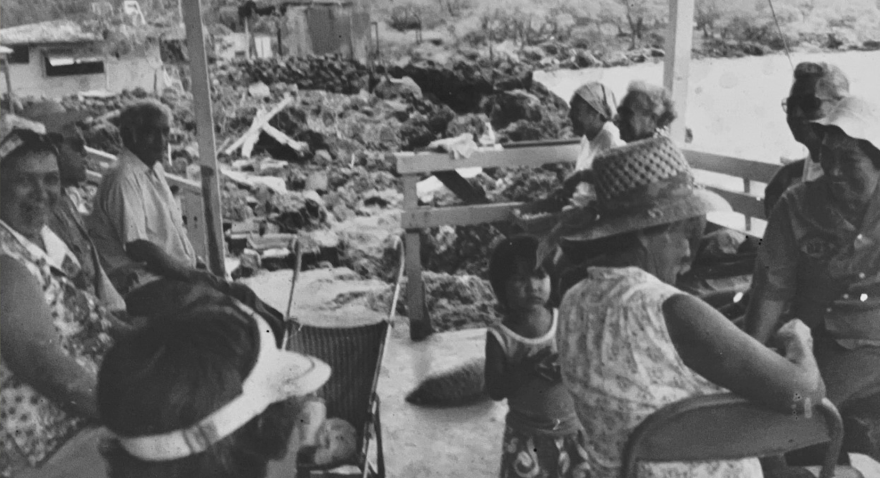Maui County Council members are considering a measure to help long-time families keep their ancestral lands — properties that have been passed down for at least three generations.
The proposal — known as the “ʻāina kupuna bill” — would provide tax relief to lineal descendants struggling with a steep rise in property taxes due to skyrocketing real estate values.

Edward Chang’s family has lived in Makena on Maui’s south shore since the 1870s. Local landmarks like Chang’s Beach and Five Graves are named for his ʻohana.

But now the 89-year-old retiree is at risk of losing his family land as rising real estate values drive property taxes to unaffordable heights.
“In 2019, my (property) taxes reached an all-time high of $22,000. That’s an increase of 425% over the previous years,” says Chang, “My father’s generation, my generation, and now my children’s generation are in constant struggle to keep this land in our family.”
He blames the uncontrolled development of resorts and high-end homes along the shoreline.
Chang’s daughter Keiki Kawaiʻaeʻa says other long-time Makena families rent out their properties for weddings or as short-term vacation rentals just to pay the taxes.

“Huhū wau no ka mea pipiʻi ka ʻāina, ʻaʻole lākou no Hawaiʻi” says Kawaiʻaeʻa, “Ke loaʻa ka hana maikaʻi iā kākou, kama kūloko maʻamau, ʻaʻole hiki ke uku i kēlā ʻano kākī ʻāina. ʻO kēlā ke kākī no ka ʻāina, ʻaʻole hiki ke ola.”
She says she’s angry because property values have skyrocketed and the folks buying these properties are not even from Hawaiʻi. Even with good-paying jobs, says Kawaiʻaeʻa, ordinary local folks can’t afford this tax.

She says most families over the years have been forced to sell their ancestral land and move out of Makena.
Maui County Councilwoman Keani Rawlins-Fernandez says the ʻĀina Kupuna Bill is meant to provide these families tax relief.
“So this legislation would give an ʻohana the opportunity to dedicate their property for 10 years, so they cannot sell (the land) for 10 years,” says Rawlins-Fernandez, “The dedication would provide them tax relief by only paying the minimum property tax for the year, which is $350 a year.”
She says to qualify, the owner of the property must be a lineal descendant of the original owner and the property must have been held in the family for at least three generations or more than 81 years.
Kawaiʻaeʻa praised the bill as a much-needed solution to a long-standing problem.
“ʻO ka ʻoiaʻiʻo ʻaʻole pilikia nā ʻohana o Maui wale nō,” says Kawaiʻaeʻa, “He pilikia kēia no ka hapanui o nā Hawaiʻi i mau nō ka loaʻa o ka ʻāina," says Kawaiʻaeʻa, "Maliʻa paha e lilo paha kēia pila he kūkohu e noʻonoʻo ai paha nā kālana ʻē aʻe ʻoiai, he pilikia kēia no nā makahiki he lōʻihi, ʻeā?”
She says this isn’t just a problem for Maui families. This is a problem mostly for Native Hawaiians who still have land in their family. Kawaiʻaeʻa says perhaps this bill could provide a framework for other counties to consider.
The ʻāina kupuna bill is up for first reading before the Maui County Council on Nov. 5. If passed, interested ‘ohana would have until the end of the year to apply. Maui Countyʻs Real Property Tax Division is accepting contact information from potential applicants.
Interested property owners should email the division at rpa@co.maui.hi.us to request to be placed on the ʻāina kupuna application mailing list. The email should include the applicant name, tax map key (TMK) and a mailing address.




